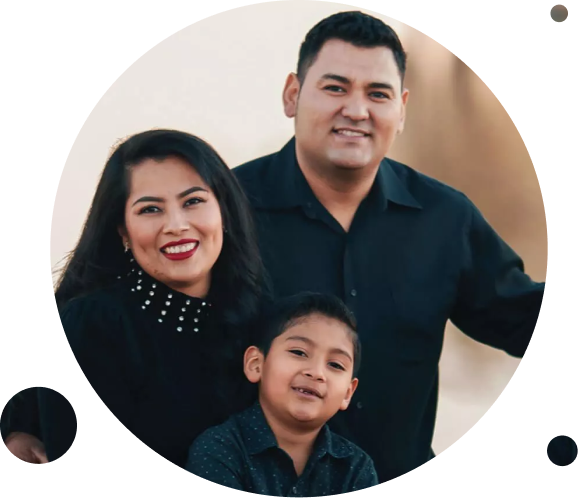Tracing your family history is a great way to maintain a connection with your past. It seems that with unlimited access to the internet genealogy search has never been easier: all you need is to enter a name and a date and then browse through multiple records. However, this approach is likely to make you feel overwhelmed and doesn’t always let you find accurate information. Genealogy research is a skill and if you follow the appropriate steps and strategies, you are much more likely to find what you’re looking for and create a family tree you want.
So the first thing to begin your research with is a family interview. To make the most of your interview (even if you are going to hold it through the phone or email) you need to get prepared. Here are a few tips to help you get started:
- print your genealogy questions;
- bring along a notebook and writing utensils;
- bring a tape recorder or download a recording app on your phone;
- bring old family photos or mementos that you want to learn more about to
- help your interviewee bring back memories;
- prepare a copy of your family tree to make sure your interviewee hasn’t forgotten any of the ancestors you want to ask about.
Prepare Research Questions
Genealogy research questions form the basis of your research. The more specific they are the better the chance to get detailed answers. For example, if you ask “How can you describe the life of my great-grandmother?” you will probably get a general description with basic facts. This question can’t give you specific information to set you on the right path.
Genealogy can overwhelm you – we all want to know as much as possible about our ancestors, but no one can do it in a single session. That is why we need to divide research into smaller pieces and narrow it down to include only the information that may be helpful to you.
On the other hand, direct questions can sometimes lead to getting uninteresting answers, even though they are worth a goal. Try to formulate direct and fluid questions, or ask them in a way that could help you get story-based responses.
One more important detail – you need to find triggers. For instance, if you’re interviewing around holidays, you can ask about food. Food involves senses that are tied to memory so chances are you will trigger a conversation that can help bring memories back up to the surface.
If you’re just starting your genealogy research and looking for information to create your family tree, then you may need to focus on usual facts like:
- names;
- dates of birth, death, marriage, etc.;
- date and place when a specific event occurred.
General facts will help you to fill in basic details and set priorities for your further in-depth research.
Sometimes your research will require creativity. For instance, instead of asking “Where did you live in the 1960s?” you may need to ask “Where did you live when you were a child” and calculate the approximate age of your interviewee.
Here’s the list of questions for an interview – you may use all of them or add your own. Such an interview is a very personal experience so you may need to tailor your questions to your interviewee.
Best 30 Genealogy Interview Questions
-
What is your full name?
-
Were you named after someone else?
-
When and where were you born?
-
When were you baptized, and what was your religion?
-
Where was your first home? Did you live in other places?
-
What were your earliest memories of your home?
-
What are the names of your parents and grandparents? Where were they born?
-
What are the full names of your brothers and sisters?
-
What did you like doing as a child? What did you hate?
-
What were your favorite toys and games?
-
Where did you attend grade school? Where did you attend high school?
-
How many years of education have you completed?
-
What was your favorite subject in school and why?
-
Who was your favorite teacher and why?
-
Were you given any special awards at school?
-
What jobs have you had? What was your first job?
-
How old were you when you retired?
-
Did you serve in the military? When and where did you serve?
-
When and where did you first meet your spouse?
-
Did you go on a honeymoon? Where did you go?
-
How many children do you have altogether? What are their names? Birth dates? Birthplaces?
-
What did you find most pleasant and difficult about raising children?
-
Where did your spouse’s parents live?
-
When and where did your parents die? What do you remember about it?
-
How did they die? Where were they hospitalized and buried?
-
Who was the oldest person you remember as a child?
-
Do you have any health problems that are considered hereditary?
-
Name a good friend you’ve known the longest – how many years have you been friends?
-
What are your hobbies?
-
What organizations or groups have you belonged to?
No matter what your final list will look like, remember to enjoy the process. Most importantly, your interview should result in an exciting story that is both data-rich and interesting to share with your family – if you capture it properly, the story may become a treasure trove. Remember that a genealogist should be flexible and open-minded, only then your effort will be successful.






